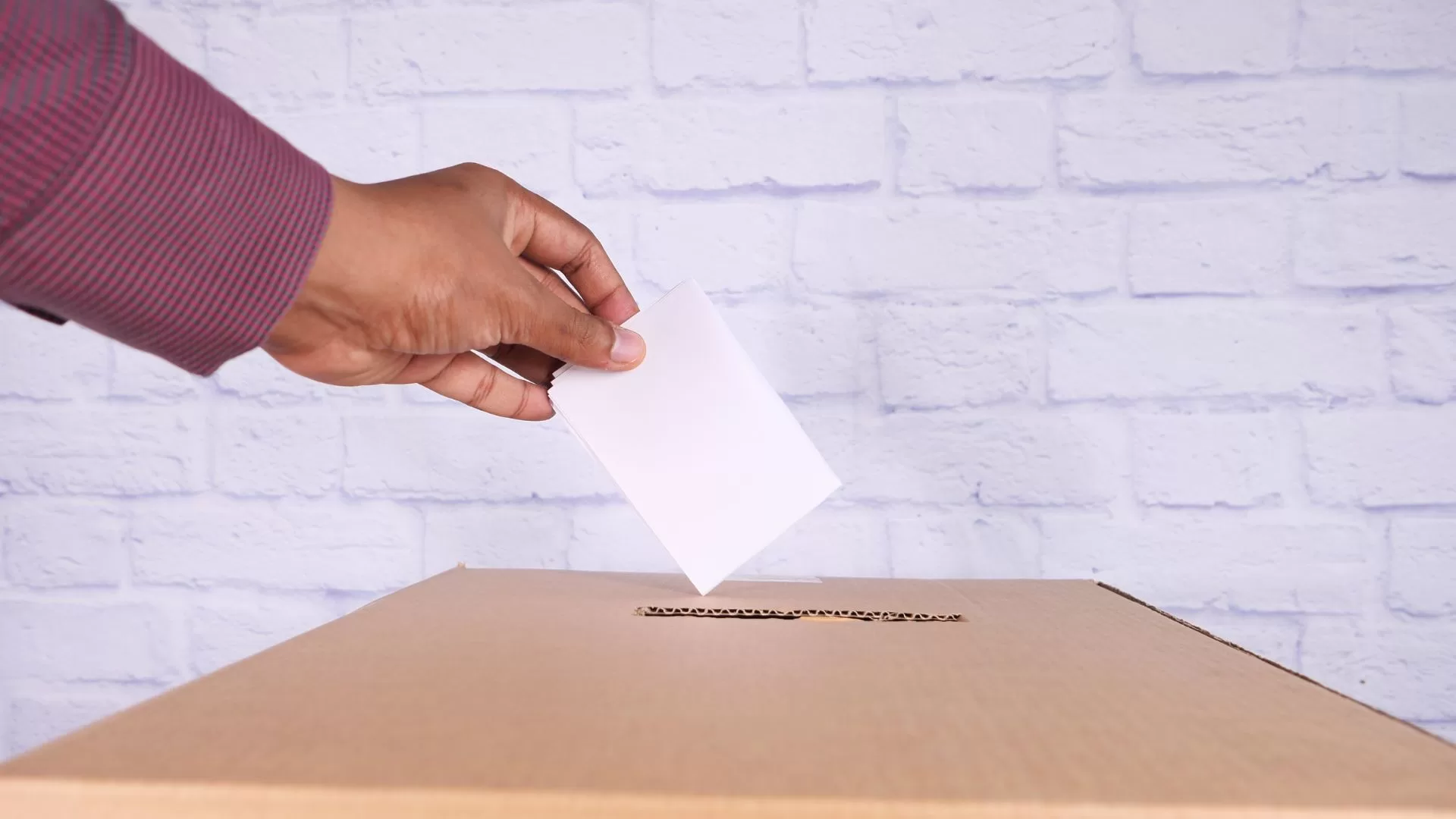Elections, the bedrock of democratic societies, serve as the primary mechanism through which the will of the people is expressed and governance is legitimized. Across the globe, the nuances of electoral processes reveal a tapestry of practices, each reflecting the unique political, cultural, and historical contexts of their respective nations. This comparative exploration offers insights into the multifaceted nature of elections and their critical role in sustaining democracy.
In democratic nations, elections are not merely periodic events but are profound expressions of popular sovereignty. They are the vehicle through which citizens exercise their inalienable right to self-determination, choosing representatives who mirror their aspirations and values. The sanctity of the electoral process is paramount, underpinning the very essence of democratic governance.
However, the execution of elections varies significantly across countries. In some nations, a parliamentary system prevails, where citizens vote for political parties, and the leader of the majority party is often appointed as the head of government. Contrastingly, in presidential systems, like that of the United States, the president is directly elected by the people, often through a complex electoral college system.
The plurality and majority electoral systems represent two predominant methods of determining winners. The plurality system, often referred to as ‘first-past-the-post’, awards victory to the candidate with the most votes, regardless of whether they achieve an absolute majority. In contrast, majority systems, including run-off elections, ensure that the elected candidate receives an absolute majority, often necessitating a second round of voting.
Transparency and fairness are critical components of credible elections. In many democracies, independent electoral commissions oversee the integrity of the electoral process, ensuring that elections are free from manipulation and undue influence. The role of international observers in monitoring elections has also become increasingly vital in bolstering electoral credibility.
The digital age has introduced new dimensions to the electoral process. Electronic voting systems and online voting options are gaining traction, promising greater efficiency and accessibility. However, these advances also bring challenges, particularly in terms of cybersecurity and safeguarding the sanctity of the vote.
Despite the universal acceptance of elections as a hallmark of democracy, the reality is often marred by discrepancies and challenges. Electoral fraud, voter suppression, and the influence of money in politics are pervasive issues that undermine the democratic process. In some nations, pseudo-democracies masquerade as democratic regimes, conducting elections that are mere formalities, lacking genuine competitiveness or freedom.
The impact of elections extends beyond the act of voting. They shape policy directions, influence international relations, and reflect societal values and issues. Elections are a barometer of public sentiment, providing a platform for the peaceful resolution of political conflicts and the expression of diverse viewpoints.
In conclusion, while the methodologies and practices of elections vary globally, their essence remains constant as the cornerstone of democratic governance. They are a celebration of democratic principles, embodying the aspirations for a government ‘of the people, by the people, for the people.’ Understanding the complexities and challenges of electoral processes worldwide is crucial in appreciating the dynamic landscape of global democracy.
Crossword Puzzle in Context
All the words you need to solve the crossword puzzle below can be found in the text above. Enjoy!
Practice the Words
Don’t let these new words slip from your active vocabulary bank. Practice them on our Quizlet custom set using the different study modes and make sure you add them to your permanent vocabulary bank.










0 Comments